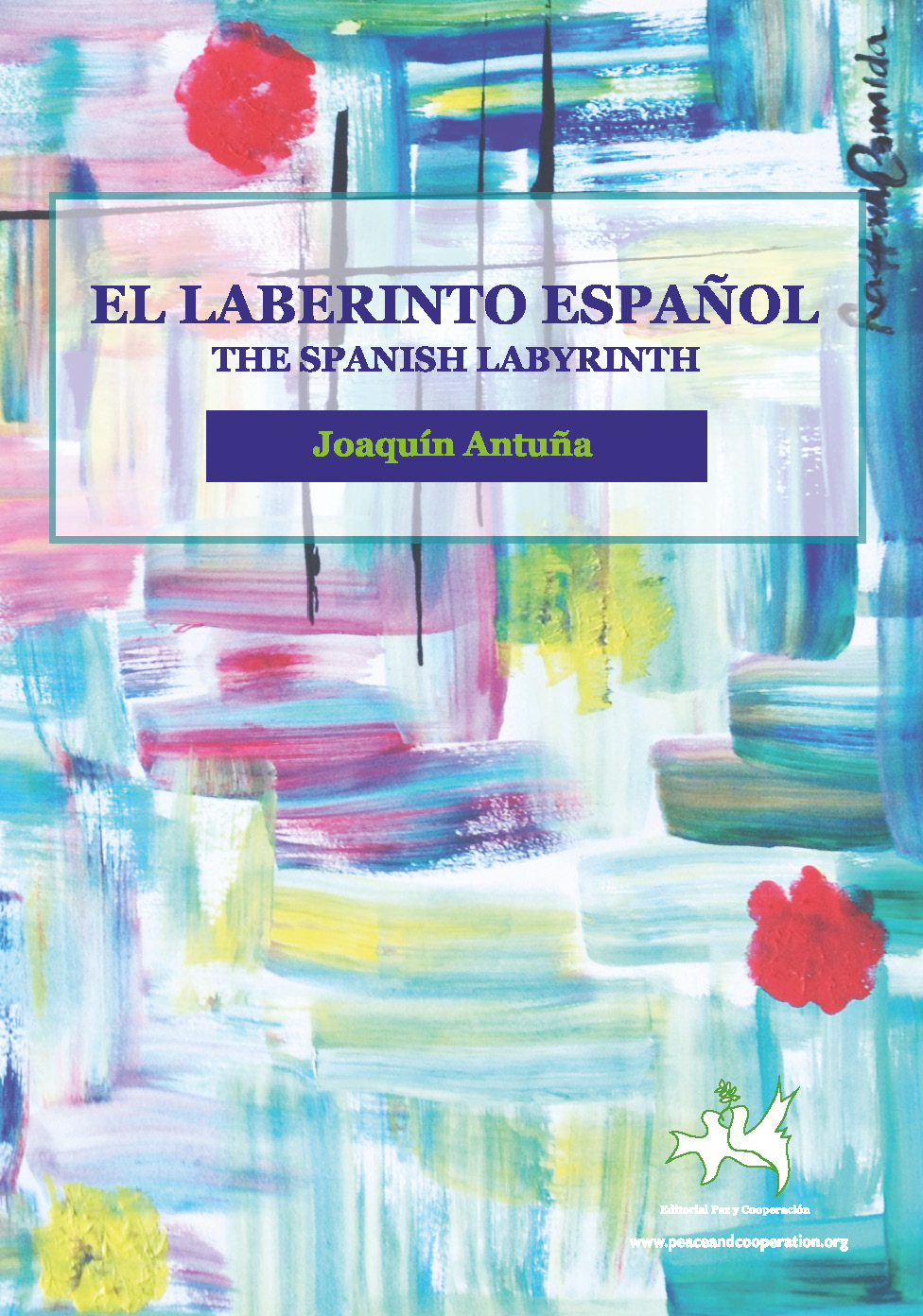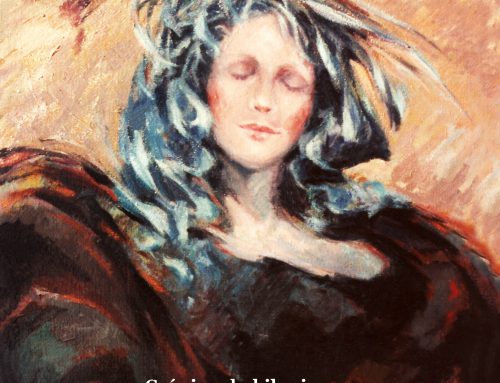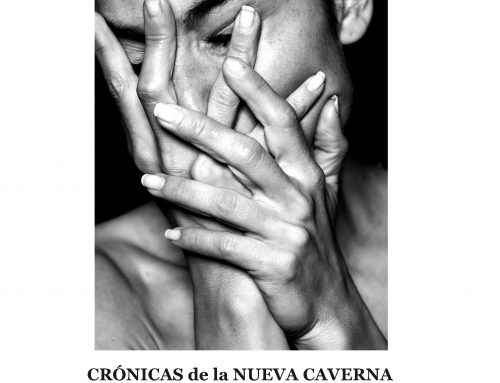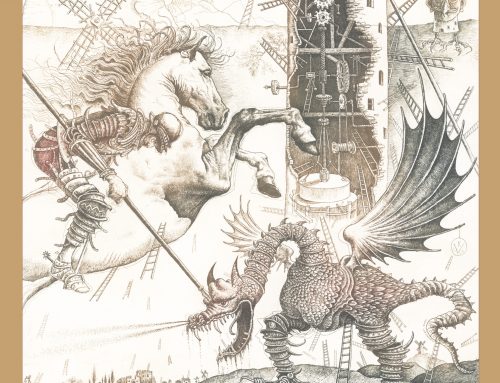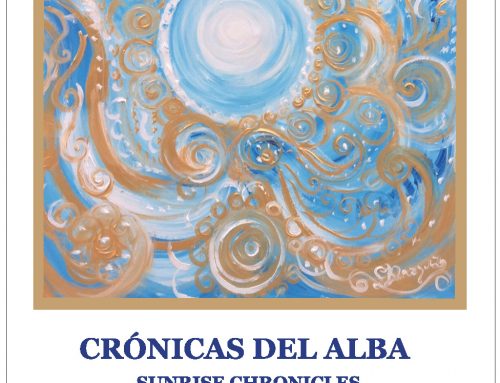In the Casino of Madrid, on November 10th, during the Tertulia by José Luis Yzaguirre, the book “The Spanish Labyrinth” by Joaquín Antuña, President and Founder of Peace and Cooperation, was presented. Xulio Xiz, promoter of Galicia Digital, and Professor Javier Morillas from CEU presented this book. Sixty people atended; some of them regular ‘casinistas’ of this tertulia. Xulio Xiz said in his speech that this book was conceived in Madrid, however, released in Galicia urbi et orbe. He explained that “Galicia Digital is an Internet platform whose initial aim was to be a showcase of Galicia, but in the past fifteen years in which we have been on the Internet, we realized that we should consider other fields, provide complementary worldviews. It was through Eduardo Guaylupo that we learnt of the existence of the organization “Peace and Cooperation”, which influences particularly the world of education, and seeks to redeem the people most in need of culture, education, equality and justice. And we discovered Joaquín Antuña, its president-founder, with more than three decades dedicated to the vocationillusion-fight-action for cooperation and peace.
Antuña began to publish through our Digital Platform some clear commentaries (we understand everything), straightforward (we understand everything), bold (we understand everything)… While they are comfortable and natural, in harmony with the way of thinking of the common people among which we find ourselves, they also are disturbing because they starkly show the world in which we live, ephemeral illusions, the evanescent situations, inconsistency of policy frameworks that suggest that we are just watching a puppet show, with threads that handle other people or institutions, unknown, distant, soulless. Antuña’s articles are profound, of great hight, they provide us with intense visions and from groups of people and of facts in any of the countries in the world where his organization operates. And, of course, in Spain.
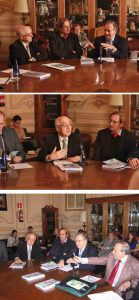 And when we thought that this “sentidiño” was almost exclusive to a supporting village, silent as ours, we found that an Asturian may hold this virtue in such a high degree that demonstrated exceptional skill in his enjoyment and handling. And we have a President of an International Foundation, with “sentidiño” like ours -ultimately also the tradition wants the Galician and Asturian should be cousins or brothers- applied to the analysis of the increasingly turbulent society around us.
And when we thought that this “sentidiño” was almost exclusive to a supporting village, silent as ours, we found that an Asturian may hold this virtue in such a high degree that demonstrated exceptional skill in his enjoyment and handling. And we have a President of an International Foundation, with “sentidiño” like ours -ultimately also the tradition wants the Galician and Asturian should be cousins or brothers- applied to the analysis of the increasingly turbulent society around us.
For the creator of the Foundation called ‘Peace and Cooperation’, logically words are the essential weapons, and in this sense this book is a battle. The function of this foundation is connected to the secular slogan ‘ora et labora’.
In this literary production, Joaquín Antuña introduces himself in the socio-political and economic labyrinth of the wild Spanish society. He studies the labyrinth, he analyses its compartments and he finds the exits, and he indicates them with meridian clarity. It leaves us with a sensation of tranquillity which leads us to mutter “quod erat demonstrandum”, how the ancient mathematicians used to say.
In the geography of this book, in the grounds where this reading leaves us, we discover that the thread of Adriana, which the Spanish people are waiting to find in order to find the exit, happens to be Culture for Peace- or vice versa; only knowledge will make us free.” The Professor Javier Morillas in a well-articulated intervention remembered when he met Peace and Cooperation and Joaquin in the Third Conference of Solidarity and Cooperation in the Mediterranean, celebrated in Madrid in November 1995 and that he participated in a TV
show, on the third millennium, directed by Antuña for three years. He congratulated for the fact that Peace and Cooperation had not been devoured by the economic crisis, which has lead to the death of many solidarity initiatives of civil society. He had the entire book underlined in front of him, and he commented how in the latter appeared the principal characters of the current political life, from Rajoy portrayed as ‘The Stepfather’, to Sánchez as ‘Divino Pedro’, to Iglesias as ‘Snake charmer’ and to Rivera as ‘The sensible man’. He emphasized the satiric portrait of the new mayors of Barcelona and Madrid. He analysed throughout the ideological crisis, which as a fresco had been painted in the book. He affirmed that the author declared himself part of the ‘third Spain’ of Salvador de Madariaga. Even if Morillas personally is convinced that one should overcome this vision of another Spain. He invited Joaquin to take part in the Spanish political life and referring to the chapter dedicated to the death of Antonio Machado, he proposed to the Foundation to start a campaign to repatriate his mortal remainders from France to Spain.
With all this said, the author underlined the ideological aspect, which lies beneath his book. The Partido Popular and its Minister of Foreign Affairs Margallo, would have not been able to overcome the ideological schemes, which he defied as Zapaterism. He indicated that in the chapter titled ‘The New Syllabus’, a radical vision of gender politics had been accepted as laws of faith, resulting in exacerbating society. It is for this exterior reasons, that he did not want to support the UN campaign on Family, because it was not part of his priorities, which for Antuña is like a joke, in a party that defines itself as conservative. An animated debate took place with the Ambassador Riosalido and other known personalities such as Alfonso Ramonet, the Ambassador of Slovakia Vladimir Gracz and Fernando de Salas. Morillas questioned the role of the UN in a vibrant ‘papabile’ for a future Ministry of Economics and he broke down numbers, statistics, and indicators, with a convincing tone. Presenting imperfections, problems, and errors Joaquin answered defending the UN and its Sustainable Development Goals citing Galileo Galilei and his famous ‘eppur si muove’, and a tale by Boccaccio in which a Jew converts himself to Catholicism alter living a year in Rome and after having contemplated corruption, nepotism, and excesses of all types, only God could have saved the eternal city.
Joaquín Antuña

